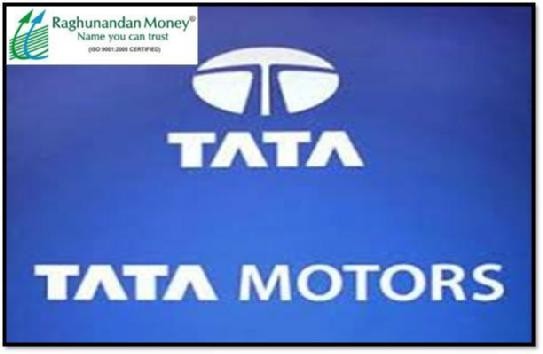Rahunandan Money Equity Derivatives
Post on: 31 Март, 2015 No Comment

Option Contract is a type of Derivatives Contract which gives the buyer/holder of the contract the right (but not the obligation) to buy/sell the underlying asset at a predetermined price within or at end of a specified period. The buyer/holder of the option purchases the right from the seller/writer for a consideration which is called the premium. The seller/writer of an option is obligated to settle the option as per the terms of the contract when the buyer/holder exercises his right. The underlying asset could include securities, an index of prices of securities etc.
Under Securities Contracts (Regulations) Act,1956 options on securities has been defined as option in securities means a contract for the purchase or sale of a right to buy or sell, or a right to buy and sell, securities in future, and includes a teji, a mandi, a teji mandi, a galli, a put, a call or a put and call in securities.
An Option to buy is called Call option and option to sell is called Put option. Further, if an option that is exercisable on or before the expiry date is called American option and one that is exercisable only on expiry date, is called European option. The price at which the option is to be exercised is called Strike price or Exercise price.
Therefore, in the case of American options the buyer has the right to exercise the option at anytime on or before the expiry date. This request for exercise is submitted to the Exchange, which randomly assigns the exercise request to the sellers of the options, who are obligated to settle the terms of the contract within a specified time frame.
As in the case of futures contracts, option contracts can be also be settled by delivery of the underlying asset or cash. However, unlike futures cash settlement in option contract entails paying/receiving the difference between the strike price/exercise price and the price of the underlying asset either at the time of expiry of the contract or at the time of exercise / assignment of the option contract.
Futures contract based on an index i.e. the underlying asset is the index, are known as Index Futures Contracts. For example, futures contract on NIFTY Index and BSE-30 Index. These contracts derive their value from the value of the underlying index.
Similarly, the options contracts, which are based on some index, are known as Index options contract. However, unlike Index Futures, the buyer of Index Option Contracts has only the right but not the obligation to buy / sell the underlying index on expiry. Index Option Contracts are generally European Style options i.e. they can be exercised / assigned only on the expiry date.
An index, in turn derives its value from the prices of securities that constitute the index and is created to represent the sentiments of the market as a whole or of a particular sector of the economy. Indices that represent the whole market are broad based indices and those that represent a particular sector are sectoral indices. In the beginning futures and options were permitted only on S&P Nifty and BSE Sensex. Subsequently, sectoral indices were also permitted for derivatives trading subject to fulfilling the eligibility criteria. Derivative contracts may be permitted on an index if 80% of the index constituents are individually eligible for derivatives trading. However, no single ineligible stock in the index shall have a weightage of more than 5% in the index. The index is required to fulfill the eligibility criteria even after derivatives trading on the index has begun. If the index does not fulfill the criteria for 3 consecutive months, then derivative contracts on such index would be discontinued.
By its very nature, index cannot be delivered on maturity of the Index futures or Index option contracts therefore, these contracts are essentially cash settled on Expiry.














